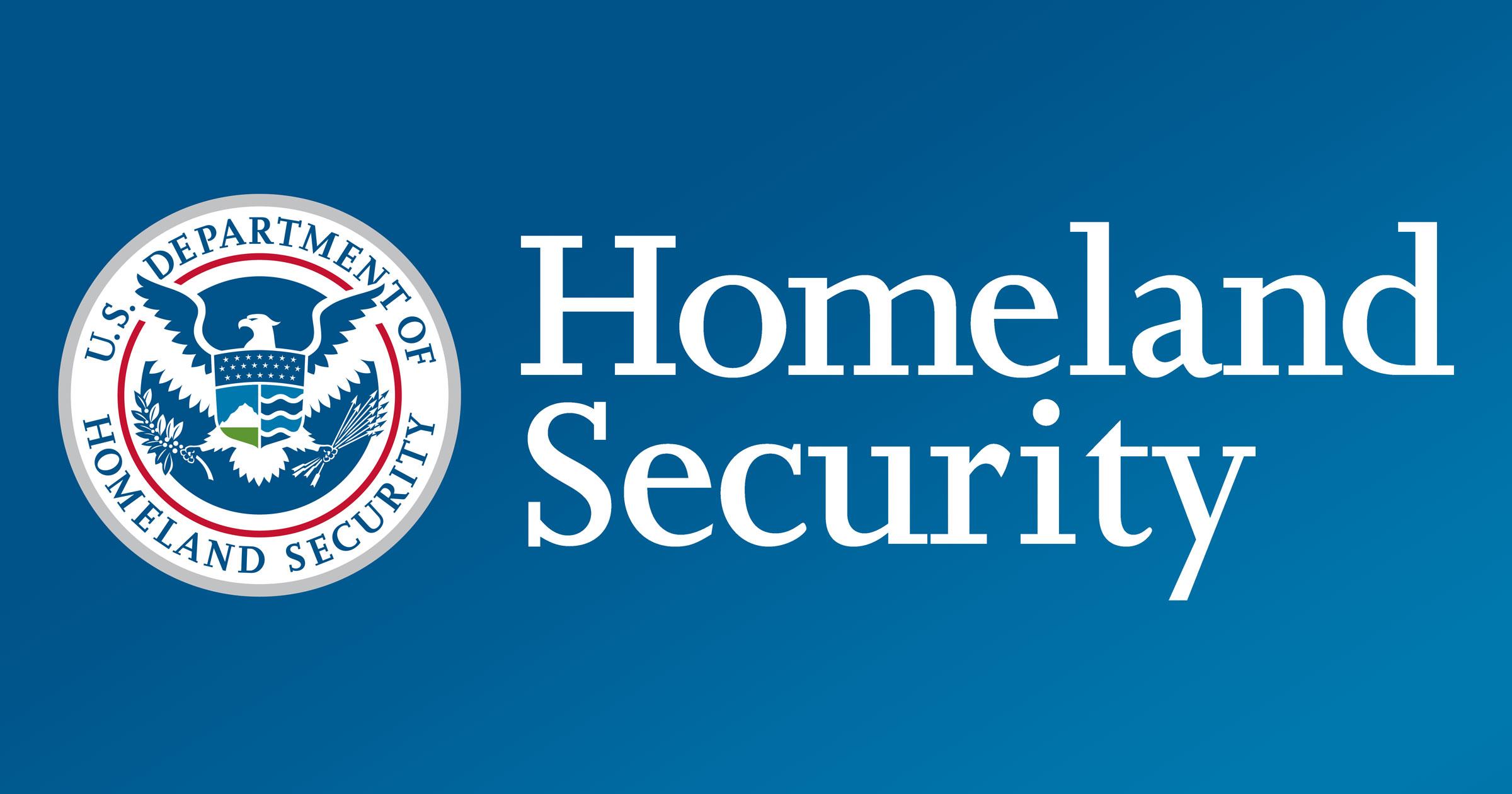103 organizations demand border agencies end surveillance, targeting of journalists

Today, the Reporters Committee for Freedom of the Press joined a coalition of 103 organizations in sending a letter to Kevin McAleenan, acting secretary of the United States Department of Homeland Security, detailing the concerns raised by recent reports of surveillance activities by two of its agencies — the U.S. Customs and Border Protection and Immigration and Customs Enforcement — and demanding that DHS immediately cease monitoring and targeting journalists, activists, and lawyers based on their First Amendment-protected activities.
The letter, joined by a broad spectrum of press freedom, immigrant rights, human rights, civil liberties, and government transparency organizations, as well as legal service providers, warns McAleenan that CBP and ICE’s surveillance activities may be in violation of the Privacy Act of 1974 and inhibit the exercise of First Amendment-protected liberties such as freedom of the press, speech, and association.
News reports highlighted in the letter detail a pattern of harassment experienced by journalists covering issues related to migrants crossing the U.S.-Mexico border, including invasive questioning about their work, lengthy detentions, and device searches and seizures. Some were threatened that they would be denied entry to the U.S. in the future and others have had their visas revoked or been denied entry into Mexico.
The intersection between immigration and press freedom has been seldom discussed until recently, but one of the prominent themes that emerged from this letter is just how intimately connected they are — especially in this hostile climate for both immigrants and the news media. This is further compounded by the fact that CBP and ICE have been permitted to grow their power and influence without appropriate oversight, creating an environment ripe for abuse.
Patched together in the frenzied wake of the 9/11 attacks, DHS has grown into the nation’s largest federal law enforcement body absorbing 22 agencies, including CBP and ICE. The creation of DHS is one of if not the largest government reorganization since the WWII-era, and arguably the most impactful for civil liberties since the Cold War formation of peacetime intelligence agencies such as the CIA or the National Security Agency. CBP alone now employs more than 60,000 employees, including nearly 45,000 law enforcement personnel, which is almost three times the number of sworn special agents at the FBI. ICE employs an additional 20,000 non-sworn employees.
CBP and ICE also operate with enormous resources. For fiscal year 2019, President Donald Trump has allocated $14.4 billion for CBP and close to $8.3 billion for ICE — about 2.5 times the FBI’s total budget for the same year. Yet, the public knows comparatively little about how these massive agencies operate, and the news of the CBP dossier suggests strongly that checks against civil liberties abuses, similar to those at the Justice Department, are needed at DHS.
The Justice Department, for example, operate under a set of guidelines that require attorney general approval before requesting information from journalists. The guidelines were instituted in 1970 in order to ensure that the press does not become an “investigative arm” of the government. CBP’s misuse of its border search authority to interrogate journalists about their work threatens to dragoon the press in exactly the same way, and the Reporters Committee will be calling for DOJ-style guidelines at CBP and ICE.
The coalition today is sending a message that this is not OK and the vast array of signatories showcases the growing demand that our government respect the rights guaranteed by the Constitution even, and perhaps especially, at the border. It’s time to bring CBP and ICE up to the level of independence, integrity, and respect for rule of law that is required of other executive branch agencies.